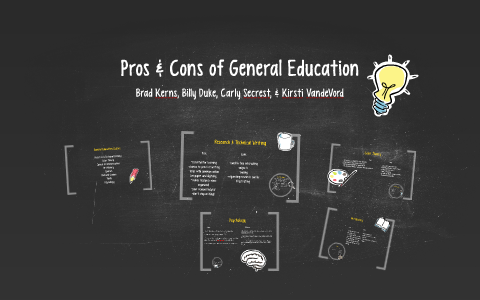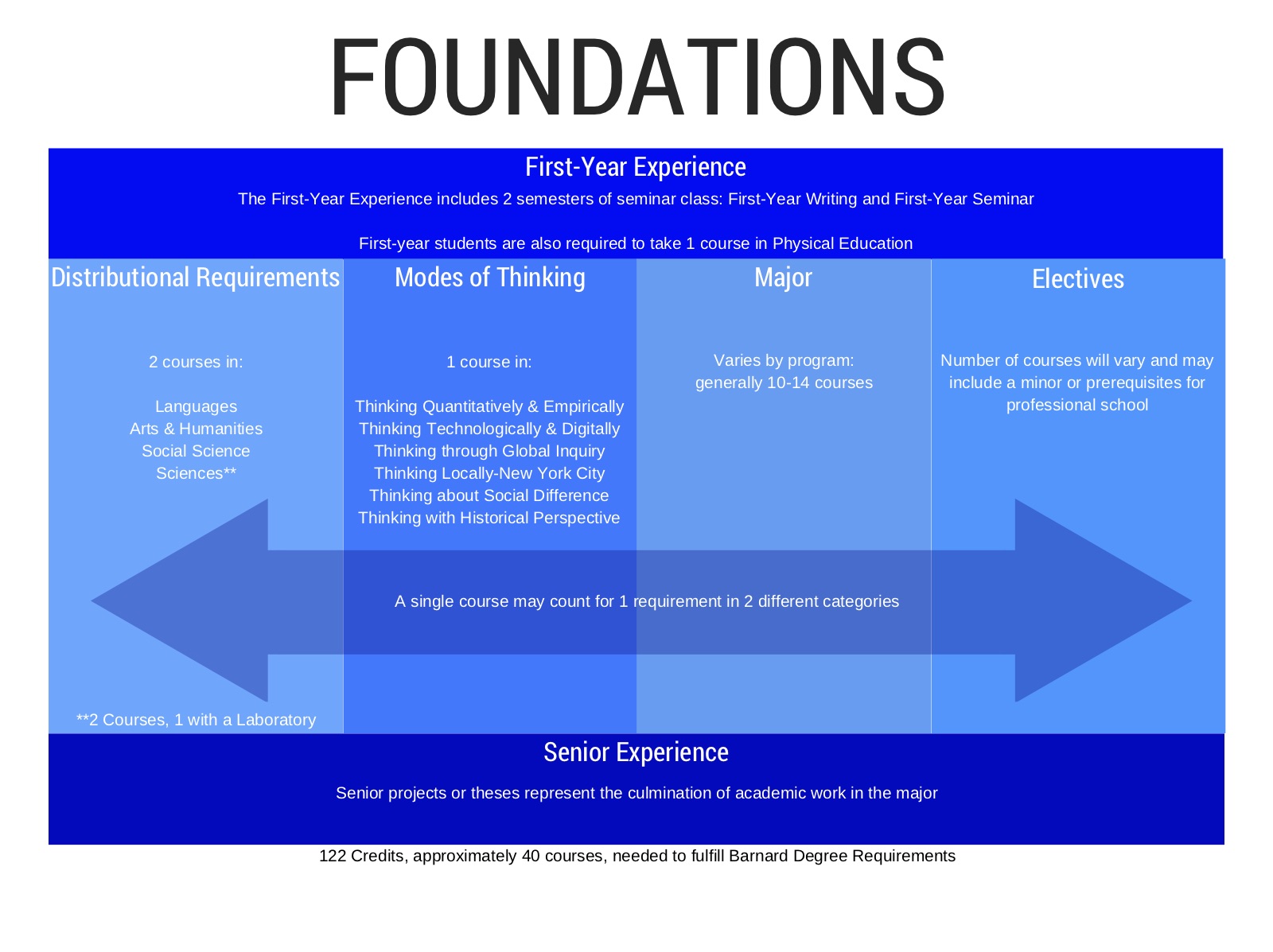How Many General Education Courses Do I Need?
During your undergraduate studies, you will be given the opportunity to take a variety of general education courses, including lower-level and upper-level classes. Taking too many of these classes may hinder your progress in college, as they will have a negative impact on your grades. Fortunately, there are ways to make up for these courses and get the degree you want without a large number of classes. Read on to learn more.
Basic skills
If you’re a new college student, you may be wondering how to complete your general education requirements. A basic skills course provides students with the fundamental knowledge and skills needed for other courses and careers after graduation. Courses in these areas may include courses in communication, critical thinking, math, and information technology. Students also learn about effective presentations and how to present information in a professional setting. Students should complete these courses within the first 60 units of their college career. Courses in these areas must also include one course with the Information Competency designation.
In order to meet the basic skills requirement for admission, applicants must take an examination to demonstrate their knowledge and proficiency in English, mathematics, and critical thinking. Passing scores on the CBEST or CSET are accepted. However, if the applicant does not meet the Commission’s requirement, they may have taken another exam that demonstrates their basic skills proficiency. To prove your proficiency in English, you must take a test that measures your reading, writing, and mathematics.
Students need to possess interpersonal skills to impress future employers. In addition to academic skills, these students must be able to work with different types of people and solve their conflicts. Soft skills are essential for the workplace and general education courses promote these skills. Further, they improve one’s attitude towards learning and make them more tolerant towards others. And since soft skills are a prerequisite for professional success, it is important to acquire these skills early in life.
Transferrable skills
When it comes to preparing for the workforce, general education courses are essential to achieve your goals. Students who wish to enter the work force with advanced communication, analytical, and creative skills should take courses in these areas. They will also gain exposure to many other branches of the learning process. Transferrable skills are important for many jobs, and acquiring them can lead to a successful career. Below are some ways to maximize your general education courses.
The general education portion of your degree is organized into Areas of Knowledge. These areas of study include Visual, Literary, and Performing Arts, Individuals and Societies, and the Natural World. While you may not be required to take all of these courses, you must complete English Composition, Additional Writing, and Quantitative and Symbolic Reasoning courses. Some colleges also require a foreign language course.
Interpersonal and communication skills are essential to impress employers. General education courses encourage these soft skills and prepare students for the changing world of work. Whether you plan to go into consulting, writing, or any other field, you should ensure that you have at least some core skills. And because many jobs require different skills, taking a general education course is important for preparing you for the future. In addition to obtaining career-specific knowledge, you will also need to develop transferable skills to adapt to uncertainty.
Requirements for a bachelor’s degree in general education
Requirements for a bachelor’d degree typically require 30 credits of General Education-approved courses, but some schools add more. Make sure to check out the requirements for your specific school before you sign on the dotted line. Generally, you must complete at least one course in each of the following three categories: Social Sciences, Western Civilization, The Arts, Humanities, and Foreign Language. Some schools require that students take four different General Education courses as part of their degree program.
The course of study that you choose should complement your major. The courses you take in General Education should help you gain real-world experience and broaden your skills in the future. You can take computer science courses, sociology courses, and forestry courses if you’re interested in those fields. General Education courses are part of the first two years of college. If you choose to major in computer science, you may consider taking several General Education courses to complement your major.
You should be willing to take Core classes in English and math. Then, you can choose your electives from the list. Make sure you have enough electives. General education courses are great for people who haven’t decided what to study in college yet. It’s also a great choice for people who are interested in a broad range of subjects. These courses are required for all bachelor’s students.



